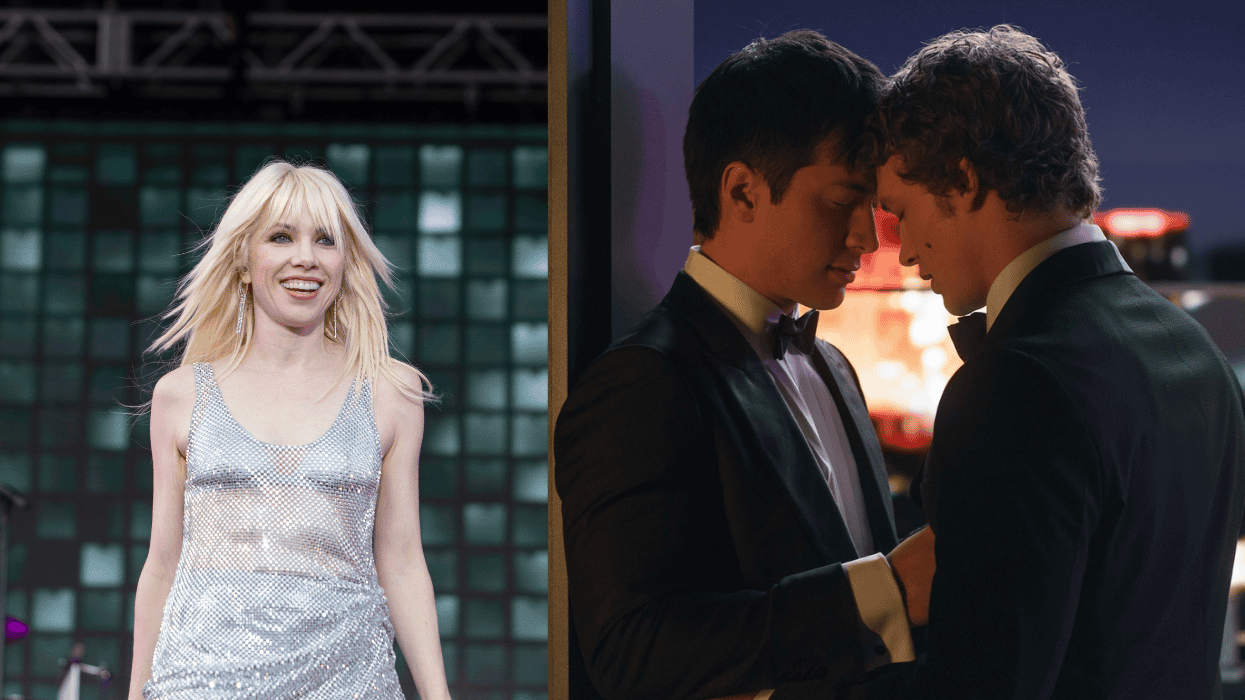Brandon Stansell wants country music to be more inclusive and representative of queers, and in his newest single "Hometown," the singer-songwriter does just that. PRIDE caught up with Brandon in preparation for the exclusive premiere of the video for the song, and he shares his own story growing up in a small Tennessee suburb, and how all the love he experienced as a child was taken away the moment he came out as gay.
PRIDE: Tell us a little bit about yourself, your upbringing, and musical career.
Brandon Stansell: Well, I grew up on a farm just outside of Chattanooga. I have four siblings all pretty close in age, so we always kept each other pretty well entertained. I had an idyllic childhood. My parents were always my biggest advocates. I never doubted the fact that I was loved and supported which is probably why coming out was so hard for me. Overnight, all the love and support I had gotten so used to evaporated.
When I was a little kid, I used do shows at Opryland in Nashville. I remember as child there was nothing that made me happier than being on stage. I did my first show at the Opry House at six-years-old and haven’t looked back since. Nashville breeds entertainers—not just dancers or singers or songwriters. We do it all. I took every job that came my way whether that was being a back up dancer for Taylor Swift on her Fearless Tour or singing off-Broadway in a lyric onesie—I just wanted to entertain people. It wasn’t until a few years ago that I finally started writing my own music and now songwriting feels like homebase to me.
What inspired the music video/song?
Much like the song itself, the video for "Hometown" is a combination of hope and hurt. It’s a representation of my own coming out story, which was tumultuous at best. I experienced rejection from the people who were supposed to love me the most, and I thought I would never get over it—but fast forward a decade or so and as painful as those experiences were, I can’t help but to be thankful for them. They made me who I am and that is a person I am deeply proud of.
How are you working to change the narrative around LGBTQ people in country music?
I think visibility is important. I also think the strong stance and anti-gay social stereotype started to crumble when Chely Wright came out in 2010 (I love her for that!). Our common ground here is everyone wants to feel connected and represented. Everyone wants to hear a story they can relate to, but for LGBTQ fans of country music we don’t often hear our stories on country radio or see them played out on CMT (Country Music Television). That is slowly changing, and I am so proud to be just one of the many voices advocating for more diverse representation in the genre.


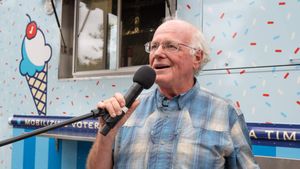







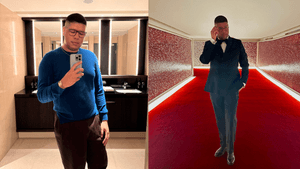
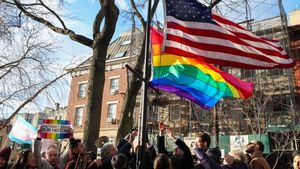
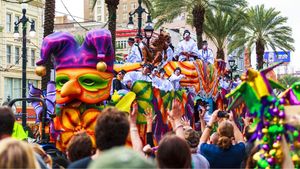
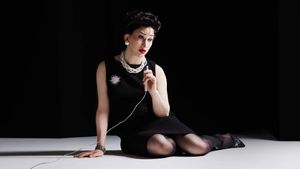


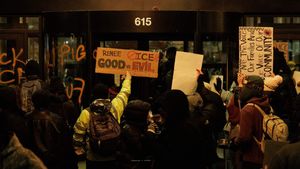
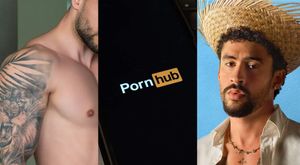

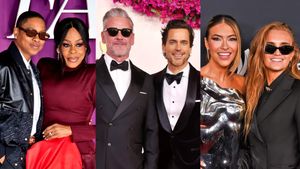





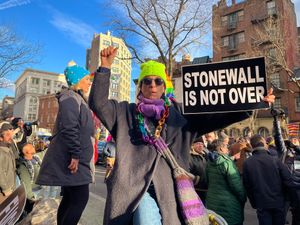



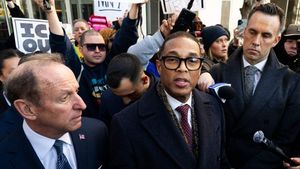
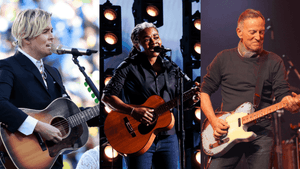






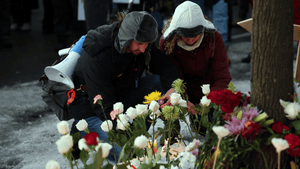



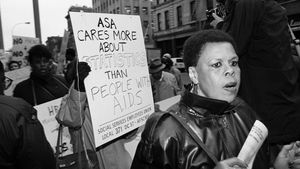
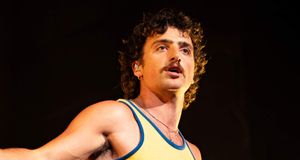
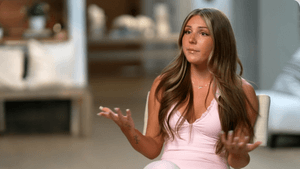


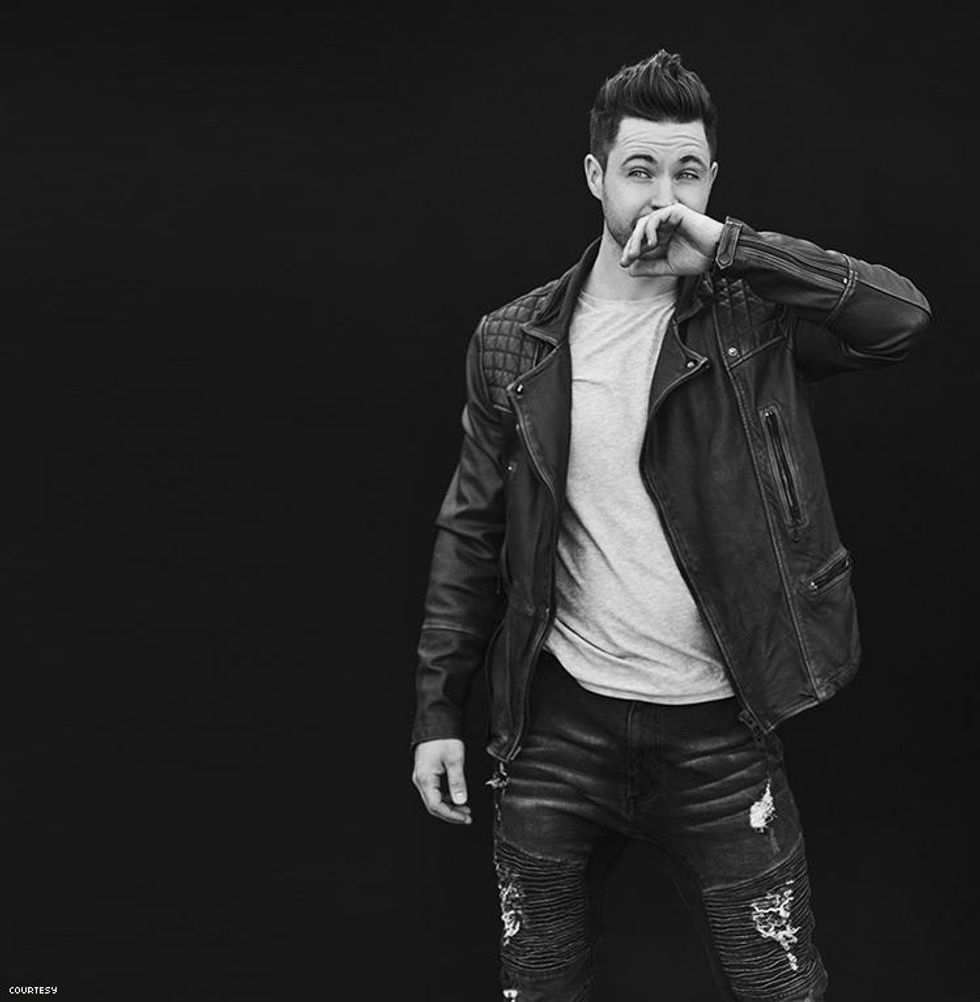
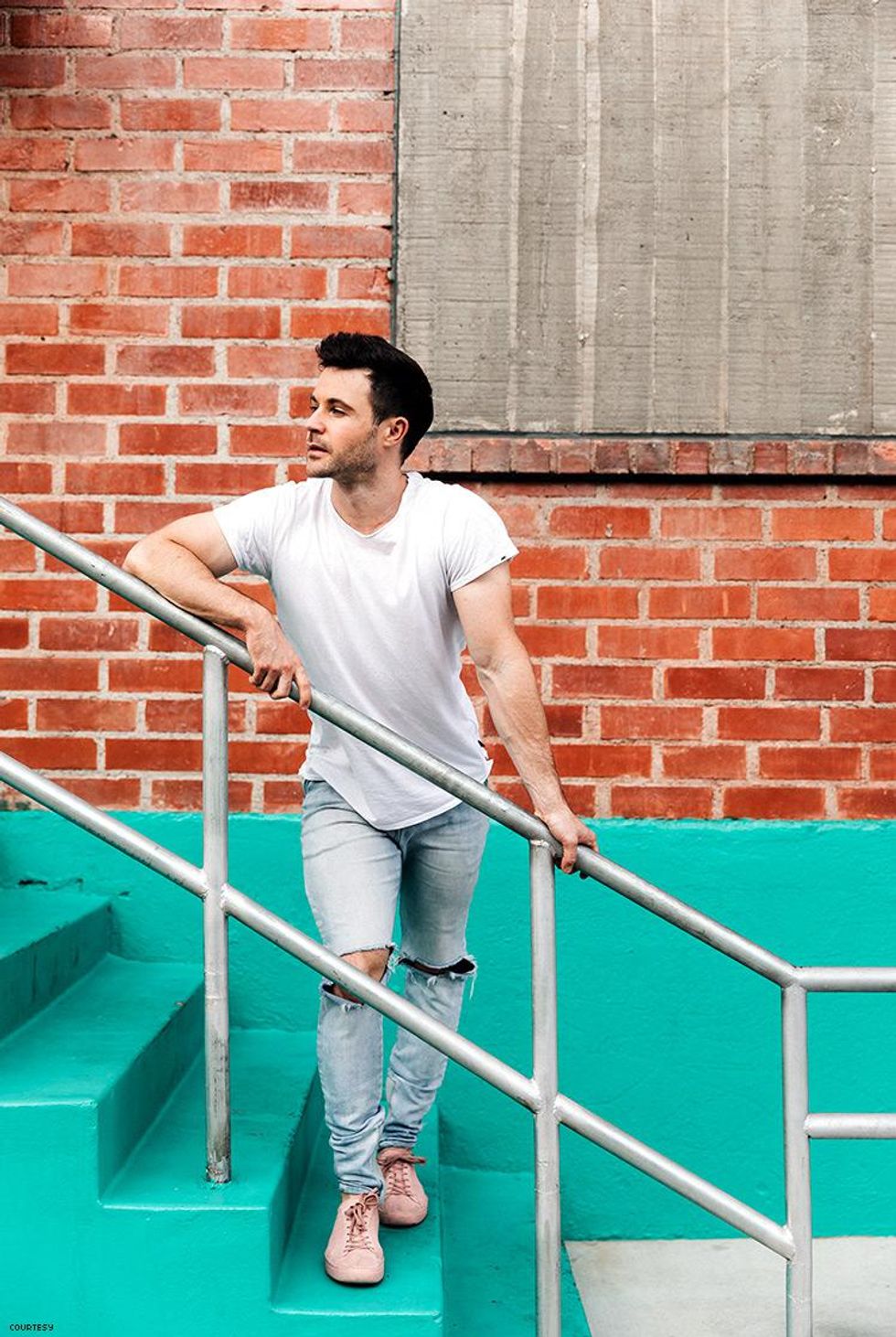
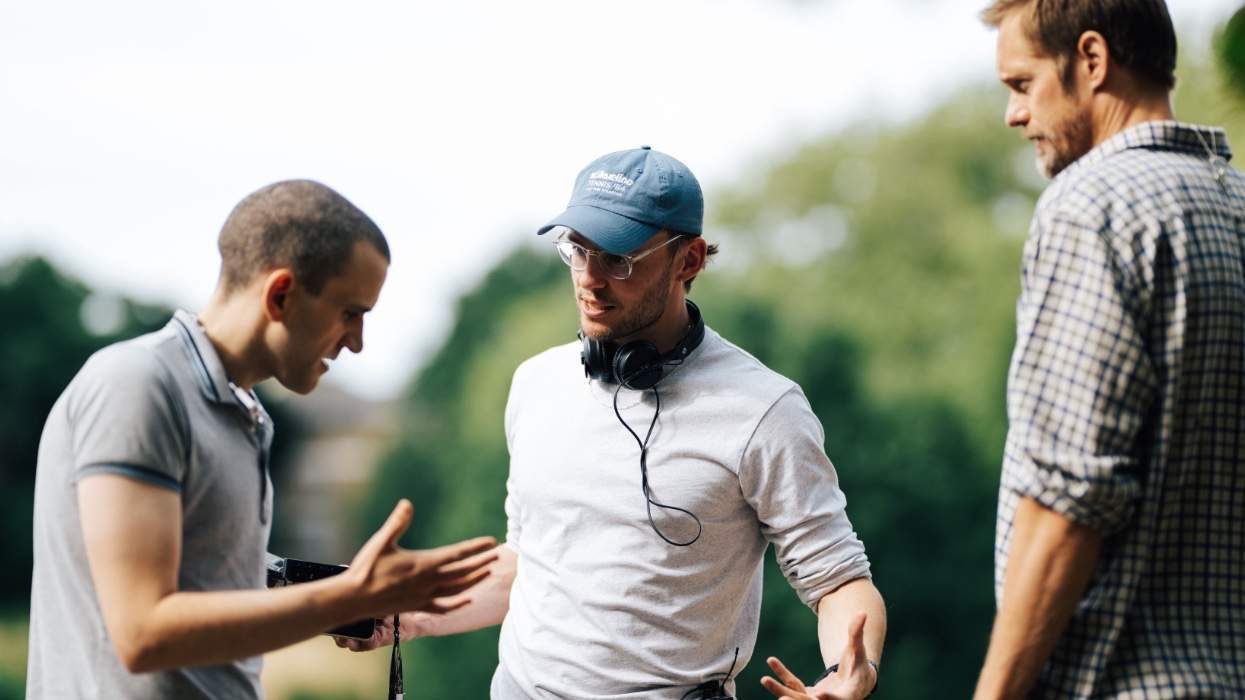




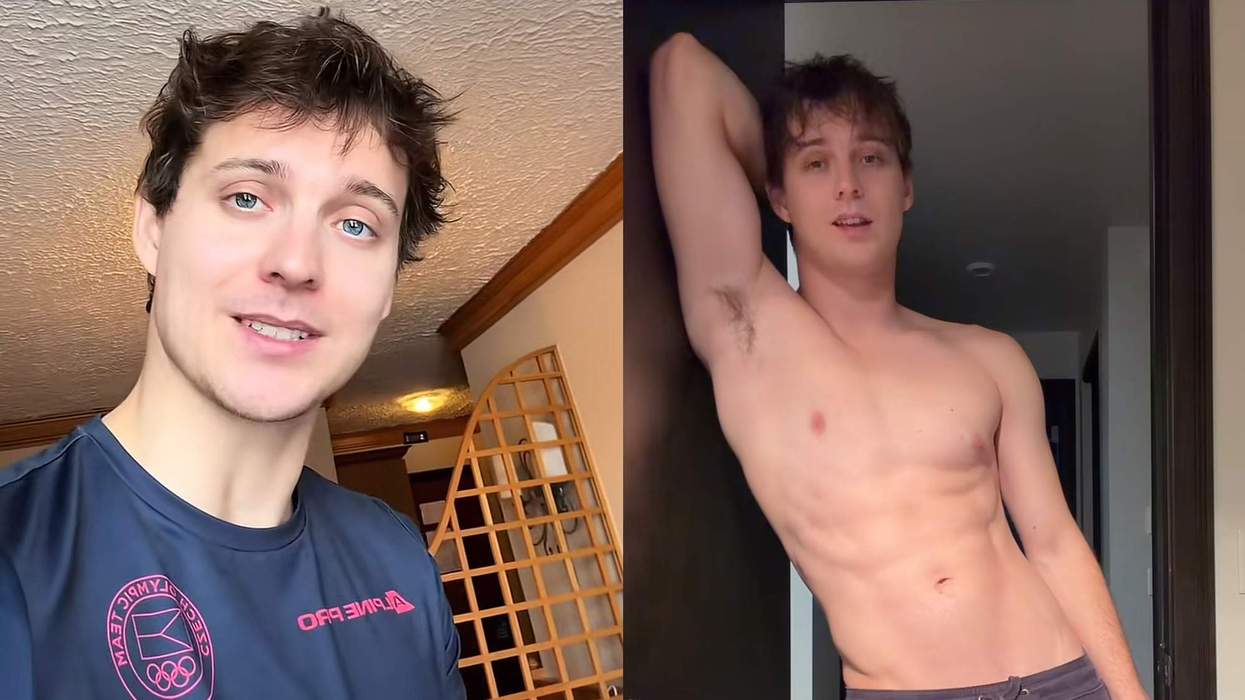

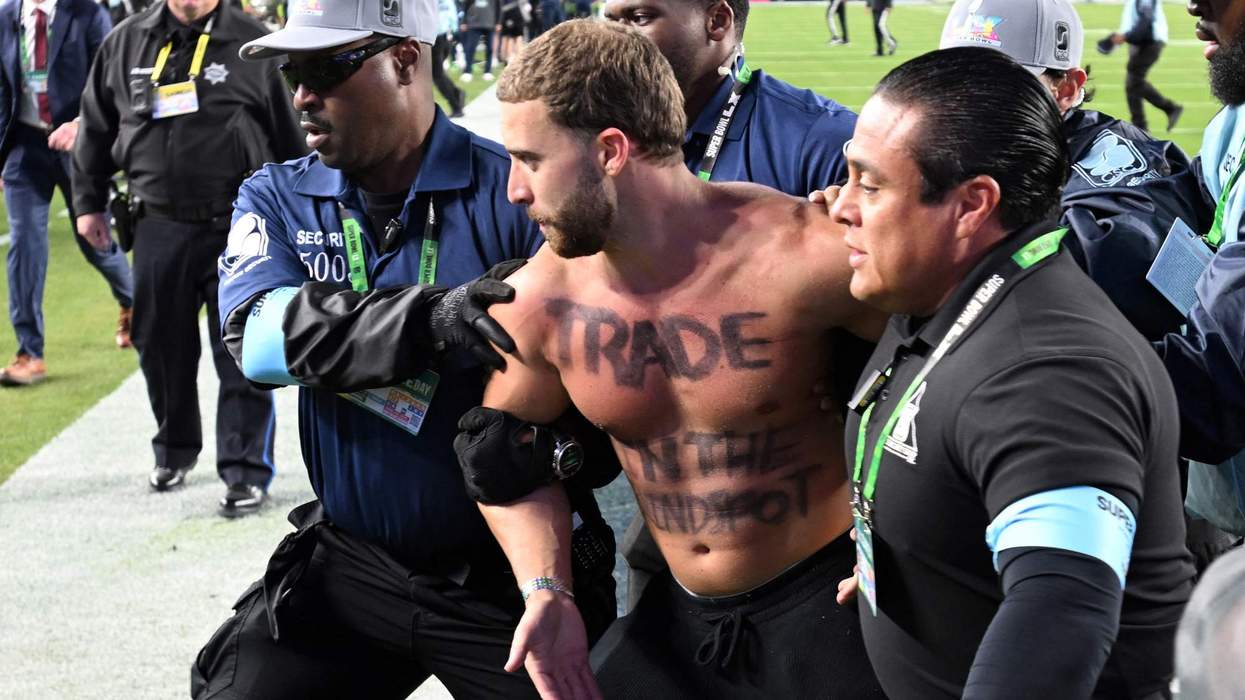
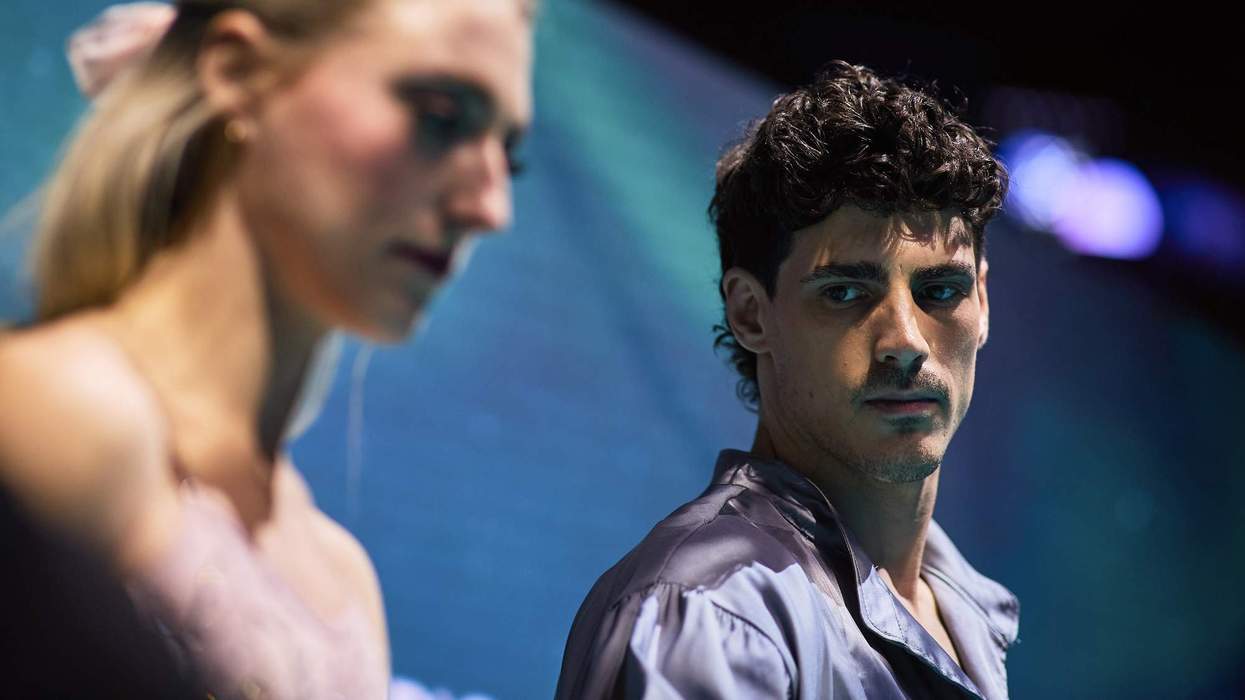
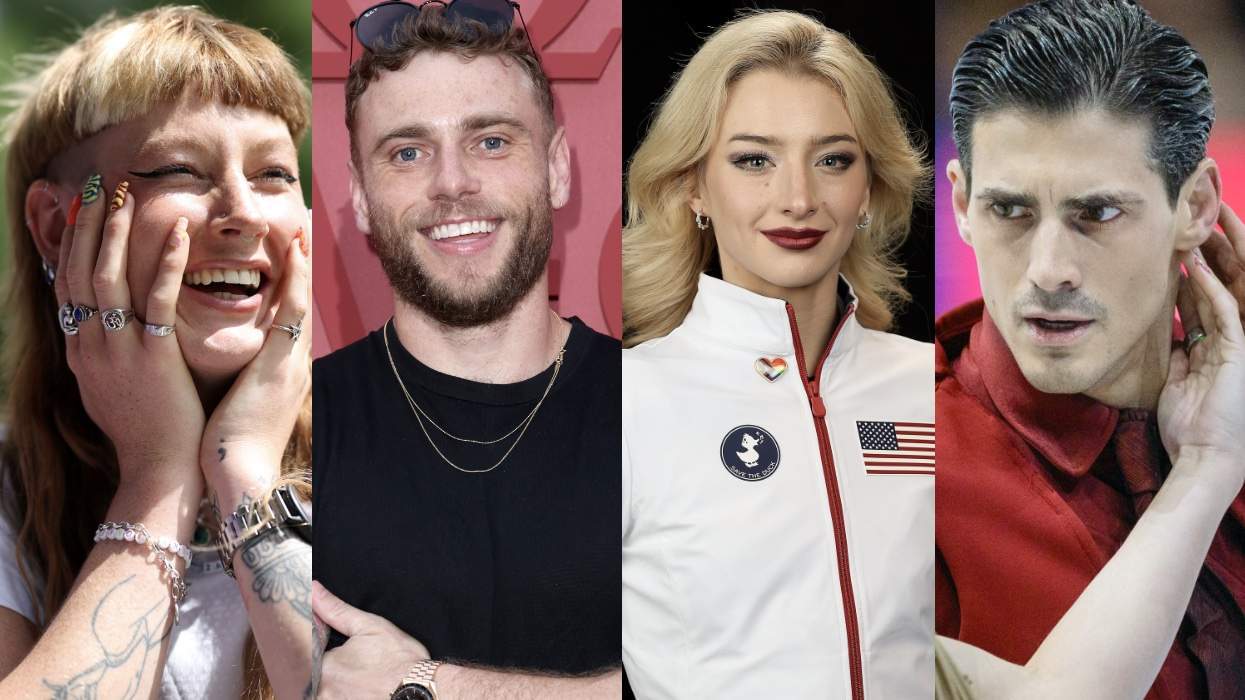
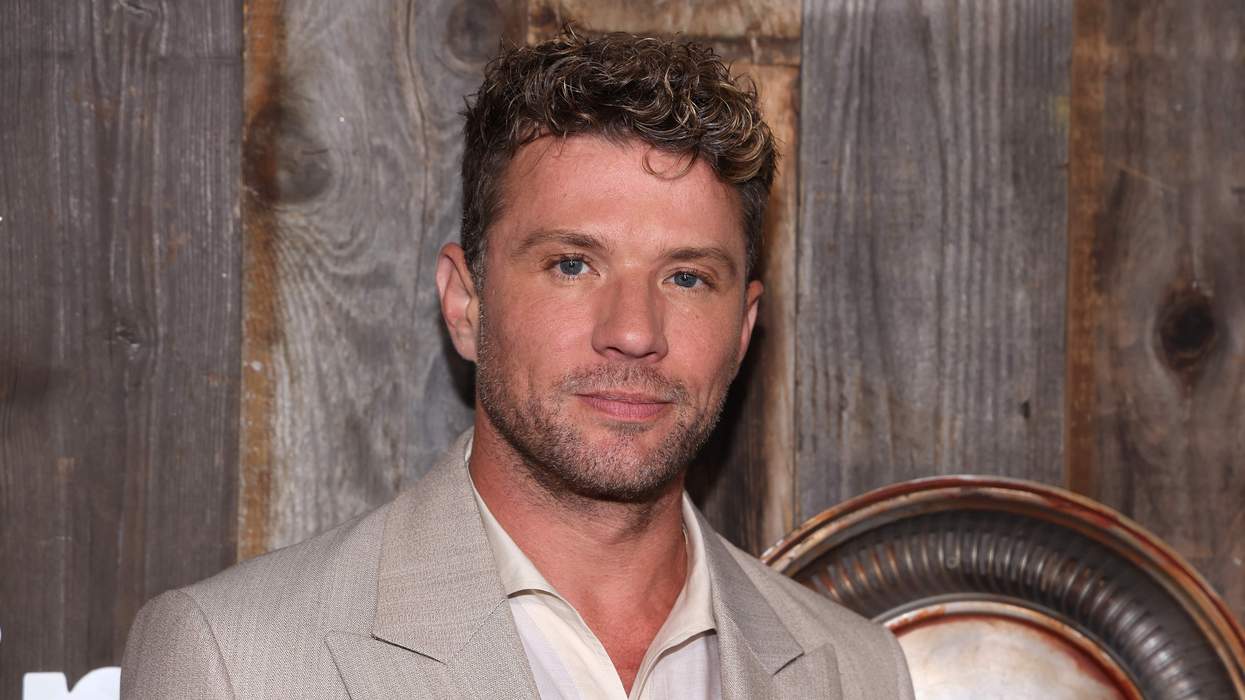

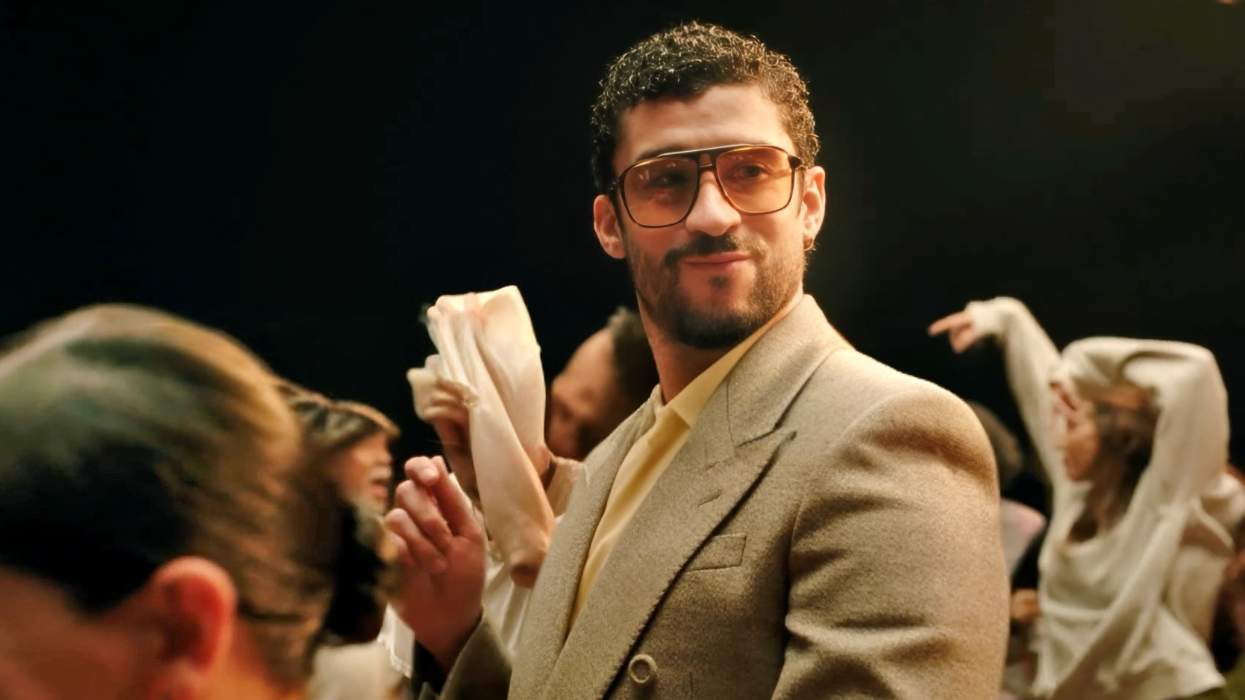
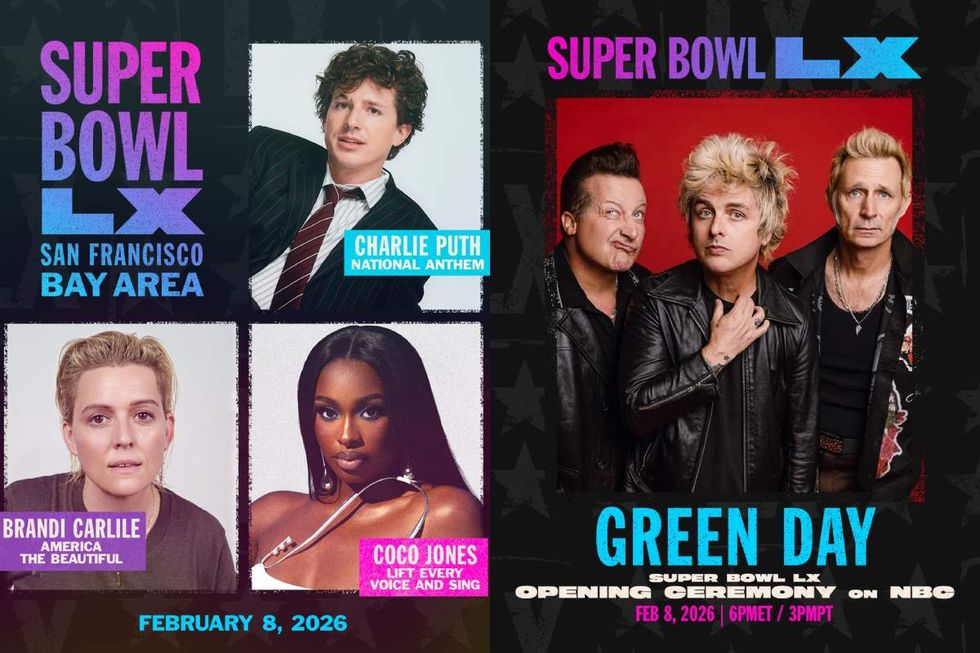 Charlie Puth, Brandi Carlile, Coco Jones, and Green Day announced as performers for the 2026 Super Bowl.
Charlie Puth, Brandi Carlile, Coco Jones, and Green Day announced as performers for the 2026 Super Bowl.